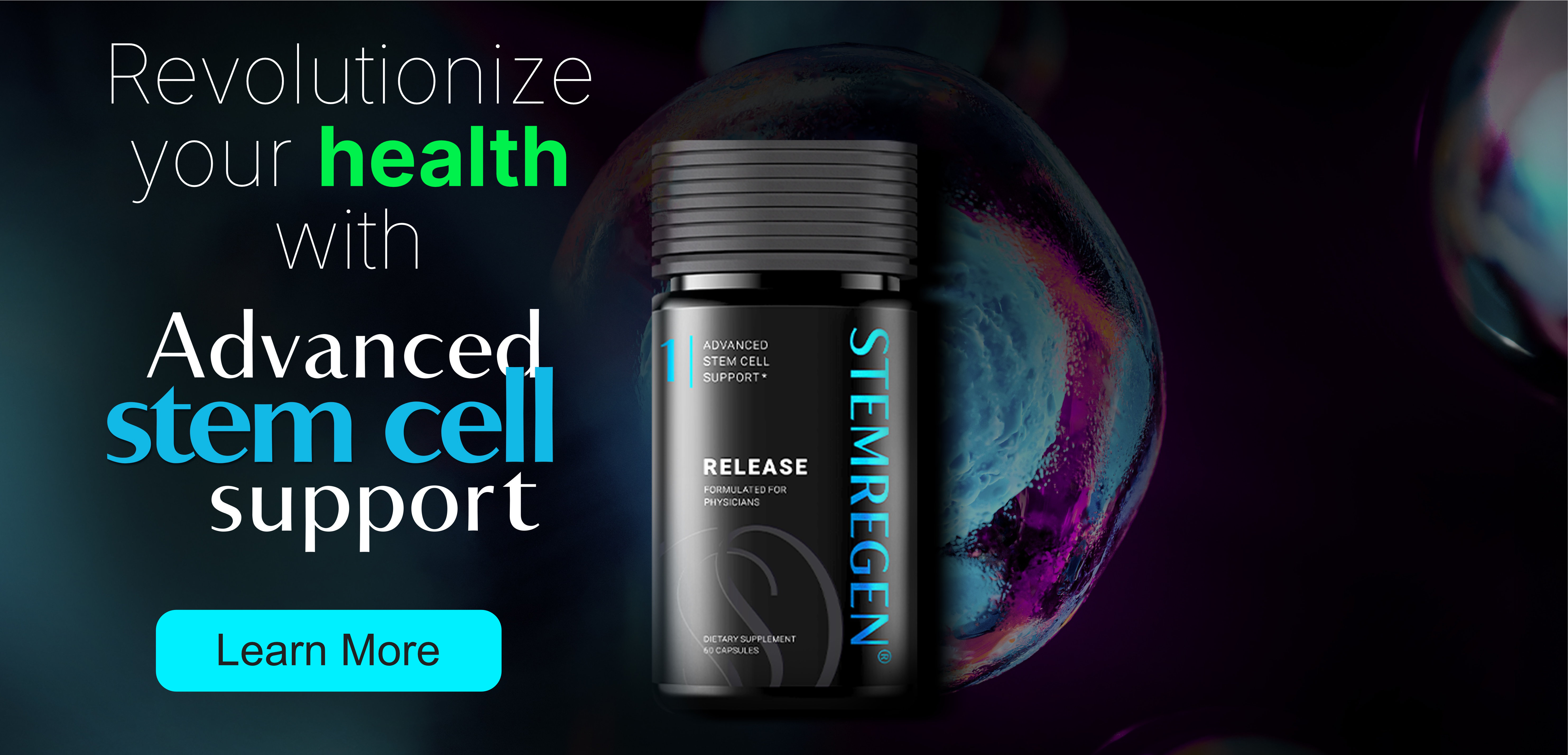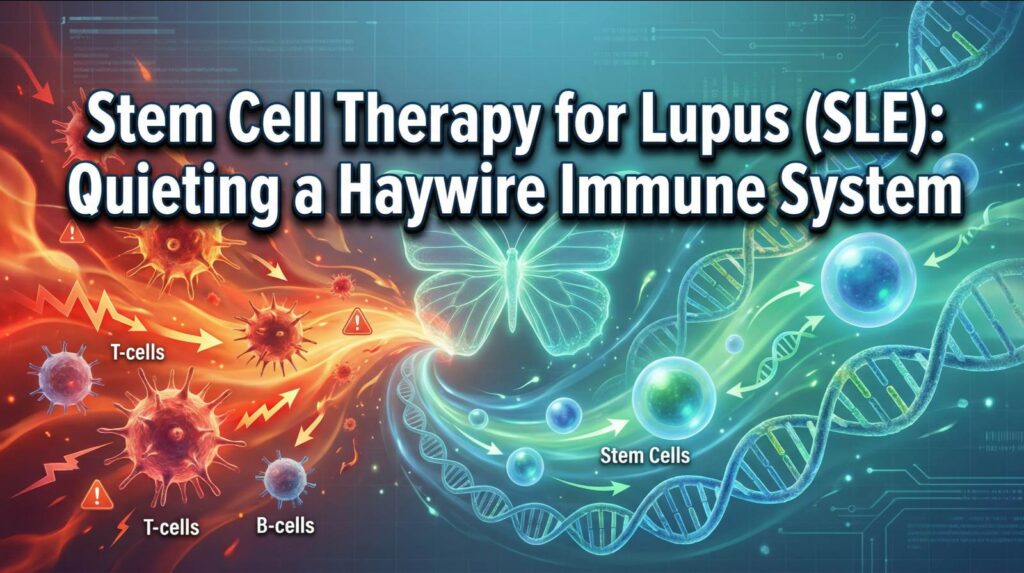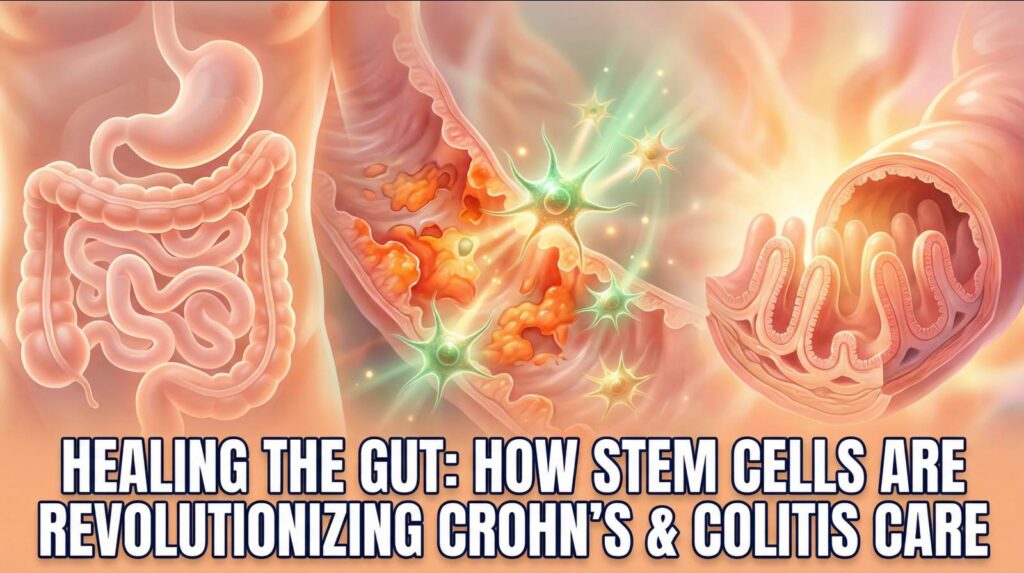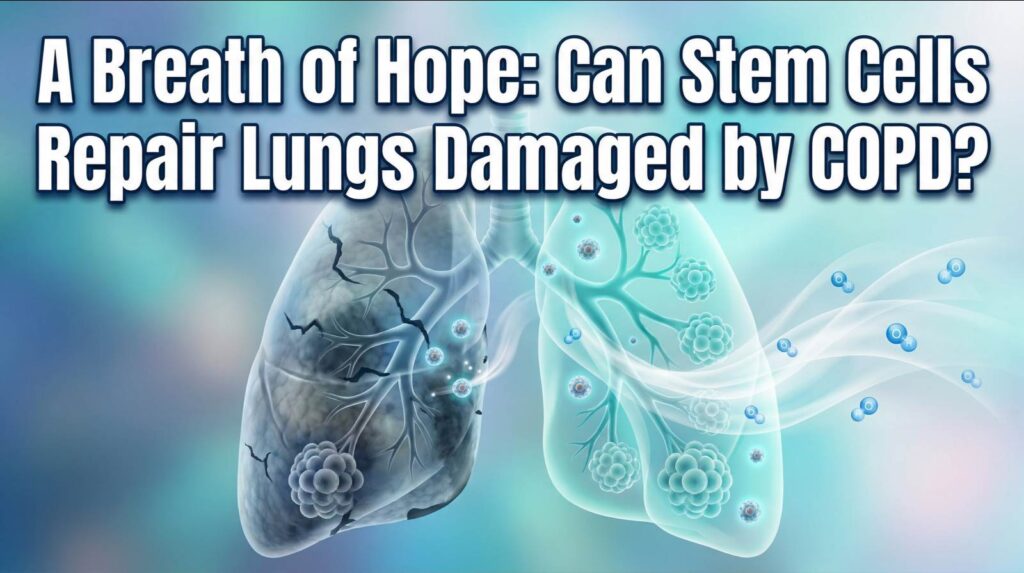Heart ailments are among the leading causes of mortality and morbidity worldwide. The spectrum of heart disease encompasses conditions like myocardial infarction (heart attack), ischemic heart disease, heart failure, and numerous others.
While modern medicine has made significant strides in managing these conditions, the ability to fundamentally restore the damaged cardiac tissue remains largely unattained. This is where the allure of regenerative medicine shines through, offering a glimmer of hope to those with compromised heart function.
Among the vanguard of regenerative strategies are therapies based on mesenchymal stem cells (MSCs).
What are Mesenchymal Stem Cells?
Mesenchymal stem cells are a type of progenitor cell that can differentiate into various cell types including bone cells, cartilage cells, and fat cells. They are akin to the all-rounders in a cricket team, possessing the ability to morph and adapt as per the needs of the body. Originating from the stroma, the connective tissue that surrounds other tissues and organs, these cells have a knack for tissue repair.
The Burden of Cardiac Conditions
The harrowing reality of heart failure and other cardiac conditions often leads to a reduced quality of life, frequent hospitalizations, and a significant economic burden on the healthcare system. According to the American Heart Association, cardiovascular disease accounts for nearly 1 in 3 deaths in the US. The traditional treatment modalities like drug therapy, lifestyle modifications, and surgical interventions, although pivotal, often offer symptomatic relief rather than a cure.
Mesenchymal Stem Cells: A Ray of Hope
The quest for curative therapies has ushered in a wave of stem cell research aimed at cardiac regeneration. The mesenchymal stem cell therapy represents a promising candidate for cardiac repair and regeneration.
These cells, with their ability to differentiate into various cell types, including cardiac cells, coupled with their immunomodulatory properties, provide a robust platform for cardiac tissue engineering.
The MSCs, akin to a construction crew, arrive at the damaged site, and kickstart the repair process. They not only contribute to forming new cardiac tissue but also orchestrate a conducive environment for heart regeneration by modulating inflammation and fibrosis.
In this article, we delve deeper into the potential of mesenchymal stem cells in cardiac regeneration, shedding light on the science behind this novel therapeutic approach, the progress in clinical trials, and how it compares to other stem cell therapies. We will also explore the future of MSC-based cardiac therapy and how it integrates with the current treatment landscape to provide a holistic approach to combating heart disease and heart failure.
Characteristics of Mesenchymal Stem Cells
The allure of mesenchymal stem cells (MSCs) in the realm of cardiac repair is not unfounded. These cellular marvels come equipped with a suite of features making them a promising tool in the arsenal against heart disease.
Origin and Identification
Mesenchymal stem cells are like the unsung heroes in a battle, originating from various tissues including bone marrow, adipose tissue, and umbilical cord blood. Their identification is often through specific markers and their ability to adhere to plastic in cell culture conditions. They are the behind-the-scenes workers that play a crucial role in maintaining the body’s orchestra.
Multi-lineage Differentiation Potential
One of the stellar attributes of mesenchymal stem cells is their ability to differentiate into various cell types. Just like a tree branching out in different directions, MSCs can morph into osteocytes, adipocytes, and chondrocytes among others. This multi-lineage differentiation potential is the cornerstone of their role in regenerative medicine.
Immunomodulatory Properties
MSCs are like the peacekeepers in a realm often marred by inflammation. They exhibit immunomodulatory properties, ensuring that the immune response does not go overboard, which is crucial in conditions like myocardial infarction where rampant inflammation can wreak havoc.
Homing Ability to Injured Sites
Much like a homing pigeon finding its way back, MSCs have the inherent ability to home in on injured sites within the body, including the heart tissue. Their homing ability is akin to having a built-in GPS that directs them to the areas in need of repair, making them a valuable asset in cell-based therapies for cardiac conditions.
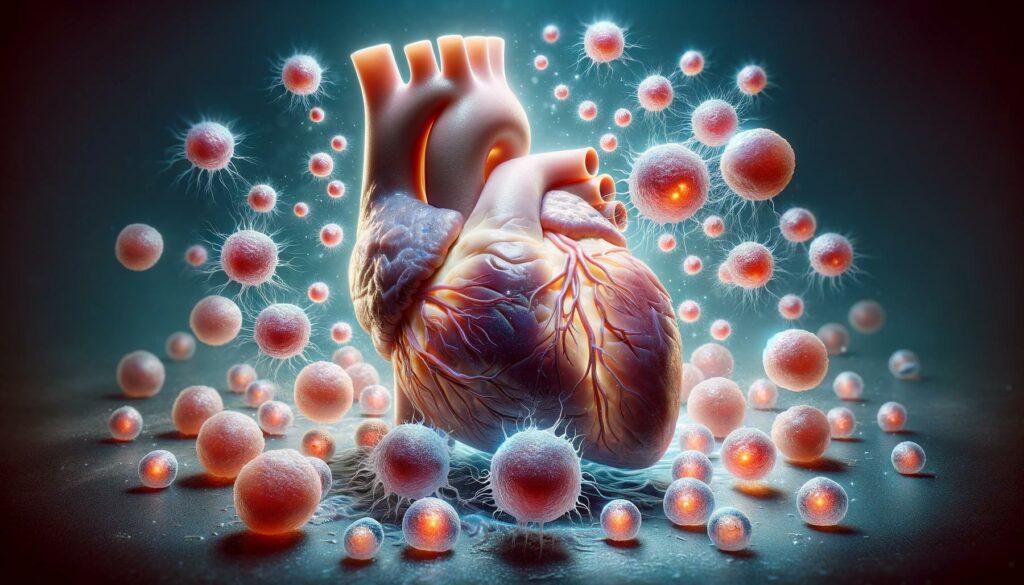
Mechanism of Cardiac Regeneration through MSCs
The heart is a meticulous organ with a rhythm and beat that’s essential to life, but when this rhythm goes awry due to damage, the quest for restoration kicks in. Mesenchymal stem cell therapy has emerged as a potential maestro capable of orchestrating cardiac repair.
Cellular Interactions and Signaling Pathways
At the crux of cardiac regeneration is the cellular crosstalk and signaling pathways that MSCs engage in. Like a well-coordinated dance, MSCs interact with the resident cardiac cells and other infiltrating cells to modulate the repair process. They tune the signaling pathways, ensuring that the repair and regeneration process is on the right track.
Angiogenesis and Formation of New Cardiac Tissue
A pivotal aspect of cardiac repair is the formation of new blood vessels, a process known as angiogenesis. MSCs play a significant role in promoting angiogenesis, laying down the foundation for new cardiac tissue formation. It’s like setting up the scaffolding for a new building, ensuring that the new structure is well-supported.
Anti-inflammatory and Anti-fibrotic Effects
The aftermath of a heart attack often leaves a trail of inflammation and fibrosis. MSCs, with their anti-inflammatory and anti-fibrotic effects, act like a clean-up crew, mitigating the damage and setting the stage for repair.
Paracrine Effects and Exosome-Mediated Recovery
MSCs also have a knack for communication. Through the release of paracrine factors and exosomes, they transmit essential signals to neighboring cells, fostering a conducive environment for heart regeneration. It’s like having a good neighbor who’s always there to lend a helping hand in times of need.
The journey of mesenchymal stem cells in the domain of cardiac repair is akin to embarking on a voyage with a promise of discovering unchartered territories. The attributes they bring to the table, coupled with their potential to significantly improve cardiac function, opens up a realm of possibilities in combating the global burden of heart failure. Through the ensuing sections, we will delve deeper into the clinical trials exploring the efficacy of MSCs in cardiac regeneration, their comparison with other stem cell types, and the innovative advancements propelling MSC-based cardiac therapy closer to reality.
Clinical Trials and Studies
The scientific voyage of mesenchymal stem cells (MSCs) from the petri dish to the patient’s bedside is laden with rigorous evaluations through clinical trials. These trials are the crucibles where the mettle of MSC therapy for cardiac repair is tested.
Summarization of Completed and Ongoing Clinical Trials
Numerous clinical trials have been launched over the years to assess the efficacy and safety of MSC-based therapies in cardiac repair. Like many seeds sown, some trials have shown promising results in improving cardiac function, while others have provided valuable insights into the challenges that need addressing.
Discussion of the Outcomes and Efficacy
The outcomes from these trials are like the varied hues in a spectrum, showing a range of effects. Some trials have reported significant improvement in heart function, while others have underscored the need for optimizing cell delivery and engraftment techniques.
Challenges and Limitations Faced in the Clinical Setting
The road to establishing MSC therapy as a standard treatment for cardiac conditions is fraught with challenges. These include ensuring consistent cell quality, determining the optimal cell dose and delivery method, and overcoming the hurdles of cell survival post-transplantation.
Comparing MSCs with Other Stem Cell Types in Cardiac Therapy
In the realm of regenerative medicine, MSCs are not the sole contenders. There are other stem cell types like induced pluripotent stem cells (iPSCs) and embryonic stem cells (ESCs) vying for the spotlight in cardiac repair.
Comparative Analysis of MSCs, iPSCs, and ESCs
Each cell type comes with its own set of advantages and challenges. While MSCs offer ease of isolation and lower ethical concerns, iPSCs and ESCs provide a broader cell differentiation potential. It’s like comparing different breeds of dogs, each with its unique traits yet sharing the common goal of aiding cardiac regeneration.
Ethical Considerations in Stem Cell Therapy
The road to harnessing stem cells for cardiac repair is not without ethical bumps. Especially with ESCs, the ethical quagmire is something that needs careful navigation, ensuring that the promise of regenerative medicine is realized in a morally sound framework.
Advancements in MSC-Based Cardiac Therapy
The realm of MSC-based cardiac therapy is continuously evolving, with innovations galore.
Gene Editing and Molecular Engineering to Enhance MSC Efficacy
Harnessing the power of gene editing like CRISPR-Cas9, scientists are now able to tweak the genetic makeup of MSCs to enhance their efficacy in cardiac repair. It’s like fine-tuning a musical instrument to ensure the melody of heart regeneration is played flawlessly.
Biomaterials and Tissue Engineering Approaches
The convergence of biomaterials and tissue engineering with MSC therapy is paving the way for more robust and reliable cardiac repair strategies. Creating bio-scaffolds to house MSCs and guide their activity is akin to building a conducive home for the cells to thrive and work their magic in myocardial repair.
Integration of MSC Therapy with Conventional Cardiac Treatments
Marrying MSC therapy with conventional cardiac treatments like drug therapy and surgical interventions creates a holistic approach towards managing heart disease. It’s like having a full quiver of arrows, each poised to target different aspects of cardiac damage.
Future Directions and Concluding Remarks
The odyssey of MSCs in cardiac regeneration is a testament to the relentless human endeavor to conquer heart disease. The road ahead beckons with the promise of refined cell-based therapies, optimized delivery methods, and an integrated approach to cardiac repair.
The Road Ahead for MSC-Based Cardiac Regeneration Therapies
With every passing day, the body of evidence supporting the efficacy of MSCs in cardiac repair is growing. However, the journey is far from over, and the continuous endeavor to overcome challenges will pave the way for bringing MSC therapies closer to the heart of clinical practice.
Encouraging a Multidisciplinary Approach
The multidisciplinary nature of stem cell research and cardiac regenerative therapy calls for a confluence of minds from various fields. It’s about creating a symphony from a cacophony of scientific endeavors to march towards the common goal of mending broken hearts.
FAQ
Q: What is the title of the subject?
A: The title of the subject is “Harnessing Mesenchymal Stem Cells for Cardiac Regeneration: A Leap Towards Mending Broken Hearts”.
Q: What is cardiac repair?
A: Cardiac repair is a process that aims to restore or improve the function of the heart after damage or disease.
Q: What is heart failure?
A: Heart failure is a condition in which the heart is unable to pump enough blood to meet the body’s needs.
Q: What are cardiac stem cells?
A: Cardiac stem cells are a type of stem cell that can differentiate into various types of cardiac cells, such as cardiac muscle cells and endothelial cells.
Q: What are cardiac progenitor cells?
A: Cardiac progenitor cells are a type of stem cell that have the potential to differentiate into cardiac muscle cells and contribute to cardiac repair and regeneration.
Q: What are endothelial cells?
A: Endothelial cells are cells that line the inner walls of blood vessels and play a role in maintaining vascular health and function.
Q: What is cell transplantation?
A: Cell transplantation is a procedure in which cells are transplanted into a patient’s body to replace damaged or diseased cells and restore normal function.
Q: What is an adult heart?
A: An adult heart refers to the heart of a fully developed individual, as opposed to a developing heart during embryonic or fetal stages.
Q: What are smooth muscle cells?
A: Smooth muscle cells are a type of muscle cell that are found in the walls of organs and blood vessels, and are involved in regulating contraction and relaxation.
Q: What is an infarcted heart?
A: An infarcted heart refers to a heart that has suffered from a heart attack or myocardial infarction, resulting in damage to the cardiac tissue.
Q: What are adult stem cells?
A: Adult stem cells are undifferentiated cells that are found in various tissues in the adult body and have the ability to differentiate into different cell types.
Final Thoughts on the Promise and Challenges
The narrative of MSCs in cardiac regeneration is a compelling one, filled with hope, challenges, and the relentless pursuit of a cure for heart failure. As we continue to unravel the intricacies of the human heart and the potential of MSCs, the horizon of cardiac regenerative therapy continues to expand, bringing us closer to the day where heart disease may no longer be a life sentence.
This article endeavors to provide a comprehensive insight into the current landscape of MSC-based cardiac regeneration, shedding light on the promise, challenges, and the road that lies ahead. Through rigorous scientific inquiry and multidisciplinary collaboration, the goal of mending broken hearts is not just a poetic aspiration but a tangible reality within grasp.
